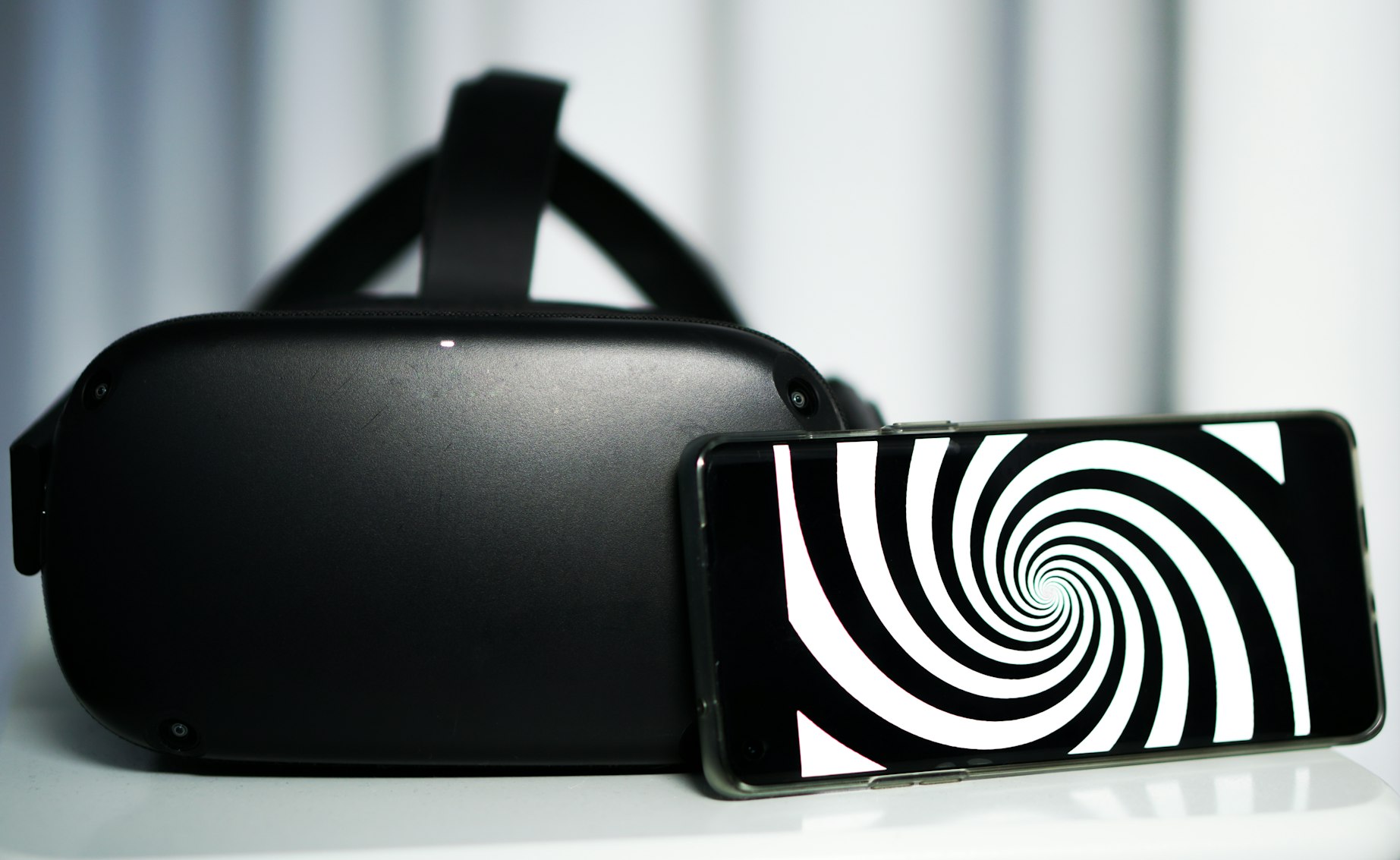
Android and VR are two of the most exciting, innovative, and fast-growing technologies of our time. Android, the world’s most popular operating system, has already revolutionized the way we interact with our devices. Meanwhile, VR is poised to take this revolution to the next level by fully immersing us in new and interactive environments.
But what’s next for these two technologies? What will VR for gaming look like in the future? As developers create new applications and experiences that take advantage of both technologies, various uses for Android and VR could emerge. Here are some of the most exciting developments we can expect to see in the near future.
VR-optimized operating systems
One of the most exciting developments coming in the near future is a VR-optimized version of the Android operating system. This new operating system will be specifically designed to work with VR hardware and software, delivering a seamless and immersive user experience.
As it will most likely include features like hand tracking, voice recognition, and haptic feedback, a VR-optimized Android OS will allow us to interact with VR environments more naturally and intuitively. A virtual dashboard, for instance, will allow us to access all of our apps, files, and settings without taking off our VR headset.
VR apps
With the introduction of a VR-optimized Android operating system, we can also expect to see an increase in the number of apps made specifically for VR. These apps will be designed from the ground up to work with VR hardware and software, delivering new and exciting experiences for users.
Some examples of these apps already exist, such as virtual tours of famous landmarks, immersive educational experiences, and interactive games. These apps allow us to fully immerse ourselves in new environments, engaging all our senses as we interact with real and virtual locations in new and exciting ways.

VR accessories
The growth of VR apps and video games has given rise to an array of accessories to enhance the user experience. The latest accessories, such as VR gloves with hand tracking, VR controllers with haptic feedback, and VR foot pedals, allow users to interact with virtual environments in a more natural and intuitive manner
These accessories offer users an unprecedented level of precision and control, making their interactions within virtual worlds all the more engaging. Moreover, developing new and innovative accessories will continue, expanding the possibilities for VR interaction even further.
VR social networks
Another exciting development on the way is the creation of VR social networks. These social networks will allow us to connect with friends and family in virtual environments, creating an entirely new form of social interaction that strips away all limitations of the real world.
Examples of VR social networks include virtual hangout spaces, virtual reality games, and virtual events. With these revolutionary networks, users can engage in activities and connect with others in a previously impossible way, delivering a truly immersive social experience.
VR commerce
Last but certainly not least, the future of VR technology is poised to revolutionize commerce as we know it. With the rise of VR commerce, consumers will soon be able to buy and sell products and services in virtual environments, providing a more convenient and immersive shopping experience.
VR commerce experiences such as virtual stores, virtual auctions, and virtual product demonstrations will allow for shopping and purchasing in ways previously not possible. This innovative form of commerce will offer a new shopping experience for consumers and present businesses with a fresh platform for engaging with customers in imaginative ways.

Moving forward
For these exciting developments to become a reality, hardware manufacturers and software developers must work together to create VR devices that are affordable, accessible, and user-friendly. This will require investment in research and development, as well as collaboration between hardware manufacturers and software developers.
Additionally, the VR industry must address privacy, security, and ethical concerns. With the increasing amount of personal data being collected and stored in virtual environments, it’s important for the industry to establish clear guidelines and regulations to protect user privacy and ensure the secure transfer of data.
As these revolutionary technologies continue to advance and improve, the future holds many exciting possibilities for Android and VR. From VR-optimized operating systems to VR social networks, there is no limit to the ways these technologies can improve our lives, connecting us to the world through new applications and exciting experiences that will change the way we live, work, and play. Whether you’re a tech enthusiast or simply curious about what’s to come, the future of Android and VR is definitely worth your attention.






